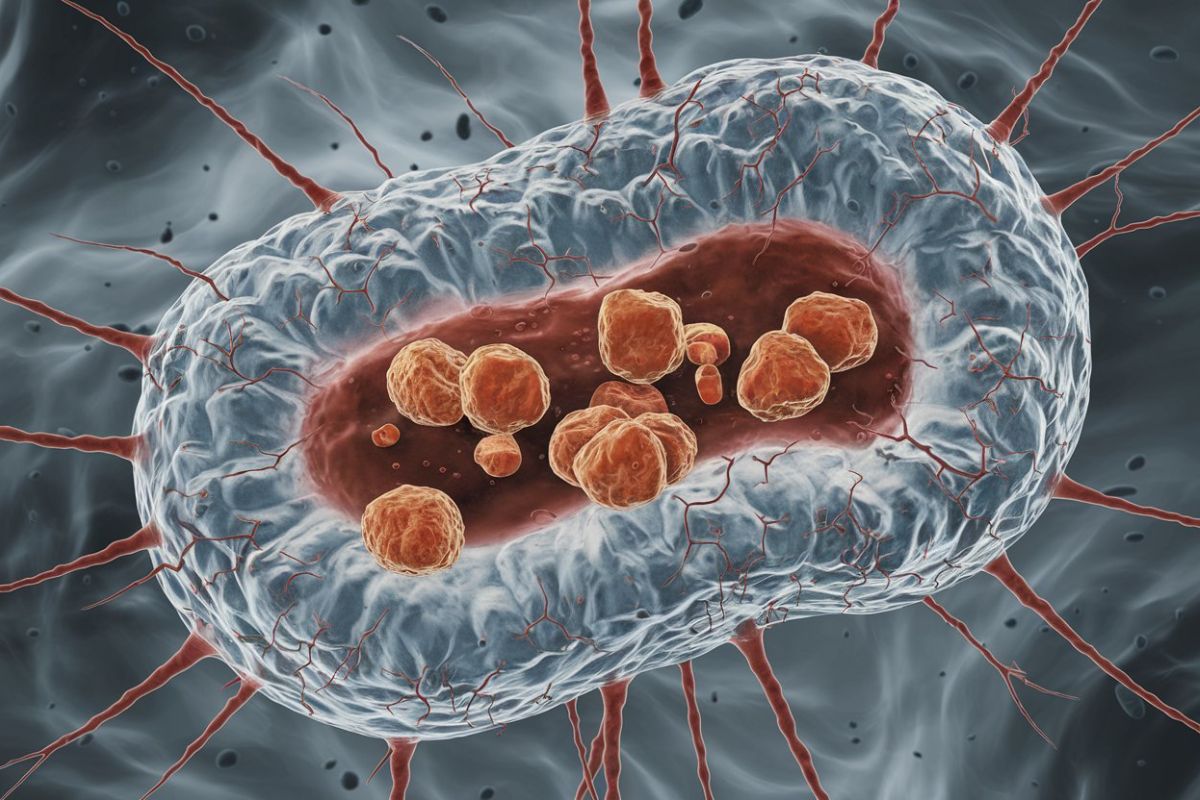
Urocanase deficiency is a rare metabolic disorder that affects the body's ability to break down histidine, an amino acid found in many proteins. This condition can lead to a buildup of urocanic acid in the blood and urine, which may cause various health issues. Symptoms can range from mild to severe and may include developmental delays, intellectual disability, and skin abnormalities. While the exact prevalence of this disorder is unknown, it is considered extremely rare. Diagnosis typically involves genetic testing and urine analysis. Treatment options are limited and mainly focus on managing symptoms and providing supportive care. Understanding this condition is crucial for affected individuals and their families.
Key Takeaways:
- Urocanase deficiency is a rare genetic disorder that affects the body's ability to break down histidine, leading to various symptoms like developmental delays and seizures.
- While there is no cure for urocanase deficiency, management strategies include dietary modifications, regular monitoring of developmental milestones, and potential future treatments like gene therapy.
What is Urocanase Deficiency?
Urocanase deficiency is a rare metabolic disorder that affects the body's ability to break down histidine, an amino acid. This condition can lead to various symptoms and complications. Here are some intriguing facts about this uncommon disorder.
-
Urocanase deficiency is an inherited condition, passed down from parents to children through genes.
-
The disorder is caused by mutations in the UROC1 gene, which provides instructions for making the enzyme urocanase.
-
Urocanase is crucial for breaking down histidine into glutamate, a vital neurotransmitter.
-
Without functional urocanase, histidine accumulates in the body, leading to elevated levels of urocanic acid in the urine.
Symptoms of Urocanase Deficiency
Symptoms can vary widely among individuals, making diagnosis challenging. Here are some common signs to look out for.
-
Many individuals with urocanase deficiency are asymptomatic, showing no noticeable symptoms.
-
Some may experience developmental delays, particularly in speech and motor skills.
-
Seizures can occur in more severe cases, although this is relatively rare.
-
Behavioral issues, such as hyperactivity and attention deficits, have been reported in some affected individuals.
Diagnosis and Testing
Diagnosing urocanase deficiency requires specific tests and evaluations. Here’s what you need to know about the diagnostic process.
-
A urine test can detect elevated levels of urocanic acid, a key indicator of the disorder.
-
Genetic testing can confirm mutations in the UROC1 gene, providing a definitive diagnosis.
-
Newborn screening programs do not typically include tests for urocanase deficiency, making early diagnosis less common.
-
Metabolic specialists often conduct a thorough clinical evaluation to rule out other conditions with similar symptoms.
Treatment and Management
While there is no cure for urocanase deficiency, various strategies can help manage the condition. Here are some treatment options.
-
Dietary modifications, such as reducing histidine intake, can help manage symptoms.
-
Regular monitoring of developmental milestones ensures early intervention if delays are detected.
-
Seizure management may involve anticonvulsant medications for those experiencing seizures.
-
Behavioral therapies can assist in addressing hyperactivity and attention deficits.
Research and Future Directions
Research on urocanase deficiency is ongoing, with scientists exploring new ways to understand and treat this condition. Here’s what the future holds.
-
Gene therapy is being investigated as a potential treatment, aiming to correct the underlying genetic mutation.
-
Animal models are used to study the disorder, providing insights into its mechanisms and potential therapies.
-
Collaboration among researchers worldwide is crucial for advancing knowledge and developing new treatments.
-
Patient registries help track the natural history of the disorder, aiding in the design of clinical trials.
Living with Urocanase Deficiency
Living with urocanase deficiency can be challenging, but support and resources are available. Here are some tips for managing daily life.
-
Connecting with support groups can provide emotional support and practical advice from others facing similar challenges.
-
Educational accommodations may be necessary for children with developmental delays or learning difficulties.
-
Regular follow-ups with healthcare providers ensure ongoing monitoring and management of the condition.
-
Staying informed about new research and treatment options empowers families to make informed decisions.
-
Advocacy organizations play a vital role in raising awareness and funding research for rare disorders like urocanase deficiency.
Final Thoughts on Urocanase Deficiency
Urocanase deficiency, a rare metabolic disorder, affects the body's ability to break down histidine. This condition can lead to various symptoms, including developmental delays, intellectual disabilities, and skin issues. Early diagnosis and management are crucial for improving the quality of life for those affected. Genetic testing plays a vital role in identifying this disorder, allowing for timely intervention. While there's no cure, dietary modifications and supportive therapies can help manage symptoms. Raising awareness about urocanase deficiency is essential for better understanding and support. If you suspect someone might have this condition, consult a healthcare professional for proper evaluation. Knowledge and early action can make a significant difference in managing urocanase deficiency effectively. Stay informed and proactive in addressing health concerns related to this rare disorder.
Frequently Asked Questions
Was this page helpful?
Our commitment to delivering trustworthy and engaging content is at the heart of what we do. Each fact on our site is contributed by real users like you, bringing a wealth of diverse insights and information. To ensure the highest standards of accuracy and reliability, our dedicated editors meticulously review each submission. This process guarantees that the facts we share are not only fascinating but also credible. Trust in our commitment to quality and authenticity as you explore and learn with us.
